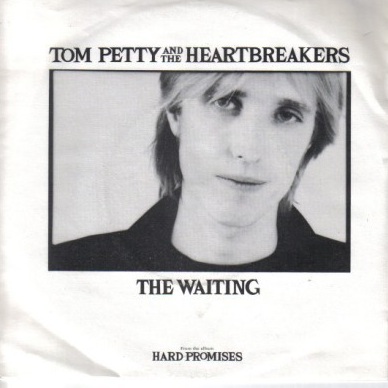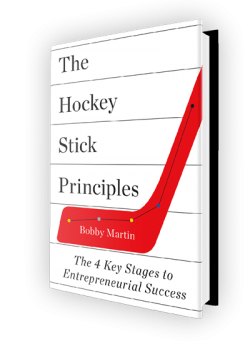Musician Tom Petty reminds us that “the waiting is the hardest part.” Here is how he went about writing this song that became such a classic with a sharp lesson.
But in entrepreneurship, the waiting isn’t the hardest part; it’s the “how?” that’s the hardest. Founders’ most important questions begin with “how?” How to spend our time? How do we spend our money? How do we decide what type of culture to maintain? How do we prioritize objectives? How do we prioritize what do next? How do we find new customers? How do we service our customers? How do we convey our value proposition? How fast do we grow? How do we measure? How to best organize? How do we communicate? How much do we pay our associates? How do we finance our growth? How do we position our product to be distinguishable and unique? How to price our product?
There are thousands of these “how?” questions. The bottom line is – “How are we going to go about this project?” Deciding how to manage them is rewarding, challenging, and quite frankly, takes a boat-load of energy.
What’s so cool about entrepreneurship is that the best answers to these “how?” questions are not only decided upon by what makes the most business sense, but instead are driven by what the founder’s vision is for their company. Founders often ask themselves do they want to grow as fast as possible? OR do they want to balance growth with slower pace and cultural policies that temper growth, but make for a happier work-life balance?
The best answers to the “how?” questions are driven by your unique personality and experiences. Are you a tactical person or an artsy person? Are you a workaholic or a nine to fiver? How much do you value work versus hobbies? How important is money to you? How important is having control? Do you desire independence? Are you trying to change the world with your product or enjoy a life of independence?
I’ve found that founders relish the opportunity to answer the “how?” questions for their own likings. In textbook capitalism, “how?” questions would be answered with one critical question in mind: What answer is best for return on investment to the shareholder? Larger more established businesses describe “how?” as “execution” and “strategy.” They are more corporate in the way they answer their “how?”. But most startup entrepreneurs don’t think like that. Entrepreneurs have a more independent way of thinking, creating, and molding their startup. Isn’t coming up with your own, creative, ideal answers to those questions one of the benefits of entrepreneurship? Sometimes ROI is not the primary influence. There are no “right” answers – only answers that feel right for the founders. The answers come from the founder’s instincts and personality. Big companies with multiple stakeholders, on the other hand, are forced to operate with less personal and creative influence.
Because when it comes to owning your own business, I think Tom Petty explains it best in “The Waiting”:
“Oh baby, don’t it feel like heaven right now?
Don’t it feel like something from a dream?
Yeah, I’ve never known nothing quite like this…”
And the how-ow-ow is the haaaaaard…eeeest….paaaart.
Sign up to get more great insights directly to your inbox.
As a special bonus, you'll also immediately get access to my inside analysis of what made 172 diverse companies achieve take-off revenue growth.

